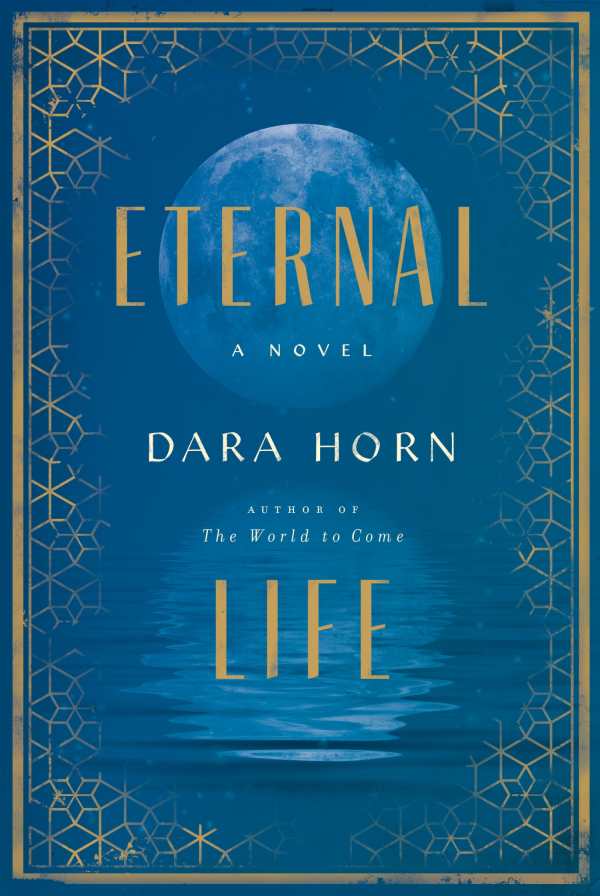Eternal Life
Dara Horn explores the logical extremes of parental love, and the pitfalls of eternity, in her captivating new novel, Eternal Life.
Rachel, the daughter of a scribe, made a deal in the shadow of the Temple: her son’s life would be preserved; in exchange, she would sacrifice her right to die. With her enchanting signature combination of Jewish history and magical realism, Dara Horn explores the logical extremes of parental love, and the pitfalls of eternity, in her captivating new novel, Eternal Life.
Two thousand years in, Rachel can definitively say that life becomes less worth living without the promise of its end. She has been burned alive, slaughtered, and abandoned, but when one body expires, she always finds herself regenerated in another.
Her first love, Elazar, is bound by the same vow that keeps her alive; he could be a companion in her pain, were she not so committed to making meaning from an existence that seems suddenly without. For Rachel, that requires progeny.
She has children who disappoint her and children who amaze her. She watches generations pass away with pride and hope, and sometimes with disappointment and despair. She tells some her secret; she is not believed. She meets her aged children years later in new bodies; she suffers with them as Israel melts away, as landscapes change, through pogroms and the Holocaust, and as Israel revives. They die. She does not.
Though Rachel’s story begins at its possible end, she is a manifold personality; all of her generations are encompassed within her. The text trades between a contemporary version of Rachel in her eighties, and Rachel in all ages before. Its descriptions of key moments in Jewish history are awe-inducing—particularly the final sacking of the Jerusalem Temple, whose glittering ornamentation slides down its length beneath the fury of Roman fires.
Rachel’s despair challenges the notion that paradise could look like an extended version of our happiest moments; a story that cannot change, she says, brings no real joy. Through her story, grand and scintillating questions arise: about the gifts and limitations of both life and death; about love, and whether it is purer when it accepts the inevitability of its end.
There’s a reason that we understand transcendence as that which takes your breath away, and Eternal Life accomplishes both.
Reviewed by
Michelle Anne Schingler
Disclosure: This article is not an endorsement, but a review. The publisher of this book provided free copies of the book to have their book reviewed by a professional reviewer. No fee was paid by the publisher for this review. Foreword Reviews only recommends books that we love. Foreword Magazine, Inc. is disclosing this in accordance with the Federal Trade Commission’s 16 CFR, Part 255.

